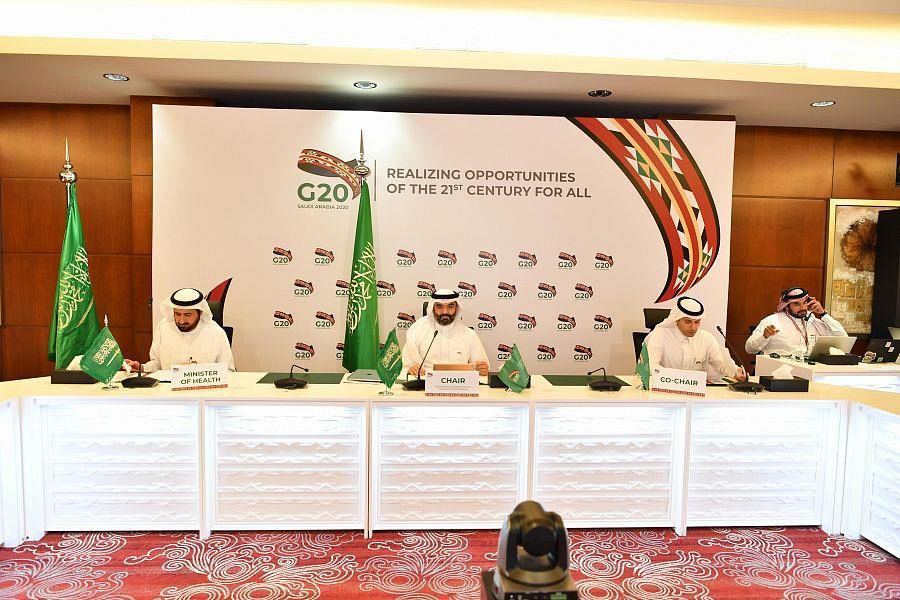
20. In order to improve our ability to monitor the social and economic impact of the
digital economy, and evaluate policies to shape its evolution while ensuring that no
one is left behind, including women and girls, we recognize the importance of
representative indicators related to jobs, skills, including digital literacy, and
growth, and their effective use across communities, taking into consideration the
distribution of outcomes across gender, education, and other socio-economic
factors wherever practicable. To improve data availability and current statistics and
to strengthen the evidence base in measuring the digital economy, we support
working with relevant stakeholders such as the private sector, business entities,
educational institutions, civil society, and International Organizations, to consider
identifying, developing, and using new and existing sources of data, including
gender- or sex-disaggregated data, in accordance with national practices, where it
does not yet exist, while protecting privacy and personal data.
21. New business models enabled by digital transformation present various
measurement challenges related to data, digital services, and digital platforms. We
encourage the discussion and exploration of indicators to account for various
measurement challenges, providing measurement guidance where possible, and
recognizing efforts to integrate the digital economy into the national accounts and
other statistical systems, where appropriate.
22. We recognize the progress made to date and encourage further work on the
priority areas identified by the Roadmap.
V. Security in the Digital Economy
23. In 2017, we acknowledged that trust and security are vital to harnessing the
potential of the digital economy. In the context of rapidly expanding digitalization
and the spread of advanced technologies, enhancing security in the digital
economy is increasingly important. Building on our past discussions, in 2020 we
commit to working with all stakeholders to advance security in the digital economy
in the service of our shared economic interests. By working together, we can help
mitigate security risks in the digital economy and reduce systemic risk,
contributing to the advancement of strong, sustainable, and inclusive global
economic growth.
24. This year the Saudi Presidency hosted a G20 Cybersecurity Dialogue dedicated to
inclusive multi-stakeholder, cross-sectoral discussion of the security risks and
challenges, as well as opportunities, that characterize the digital economy.
Discussions focused on ways in which inclusive capacity-building can support
efforts to strengthen security in the digital economy, in particular in micro, small,
and medium sized enterprises.
25. We recognize efforts by the Kingdom of Saudi Arabia to create multi-stakeholder
dialogue and advance progress in addressing the complex challenges of the digital
domain, including through the 2020 Global Cybersecurity Forum.
26. Recognizing that security in the digital economy is central to risk management
strategies of all businesses, and highlighting the important place of MSMEs as
elements of global value chains, in particular in the global economic response to
COVID-19, we welcome the G20 Examples of Practices Related to Security in the
Digital Economy (Annex 4), which highlights governmental programs and
initiatives. This Annex includes examples provided by governments of policies
related to resilience in the digital economy. We encourage all organizations to
integrate the relevant aspects of resilience in the digital economy into their overall
security risk management strategies, while preserving and respecting human
rights. We promote continued multi-stakeholder discussions to advance security in
the digital economy.
VI. Way Forward
27. We recognize the role of engagement groups, the interlinkages between our
work streams, and the importance of sharing ideas, experiences, and best practices,
as well as practical solutions with all interested parties. We thank the International
Organizations, that were invited by the Kingdom of Saudi Arabia's Presidency, including the
Organization for Economic Co-operation and Development (OECD), International
Telecommunication Union (ITU), International Labor Organization (ILO),
International Monetary Fund (IMF), United Nations Statistics Division (UNSD), and
the United Nations Conference on Trade and Development (UNCTAD), for their
contributions.
28. We recognize that the digital economy has and will continue to have wide-ranging
implications as a driver of inclusive economic growth and development,
contributing to the achievement of the Sustainable Development Goals, and as a
means to prevent and address crisis situations and aid businesses and industry in
recovering from the impact of COVID-19. We acknowledge the crosscutting impact
of the digital economy in overcoming development challenges, including growth,
labor, employment, social, health, and cultural challenges. We therefore welcome
continued discussion of the transformation of the Digital Economy Task Force to a Digital Economy Working Group.
--SPA
22:37 LOCAL TIME 19:37 GMT
0026
www.spa.gov.sa/w1375905






